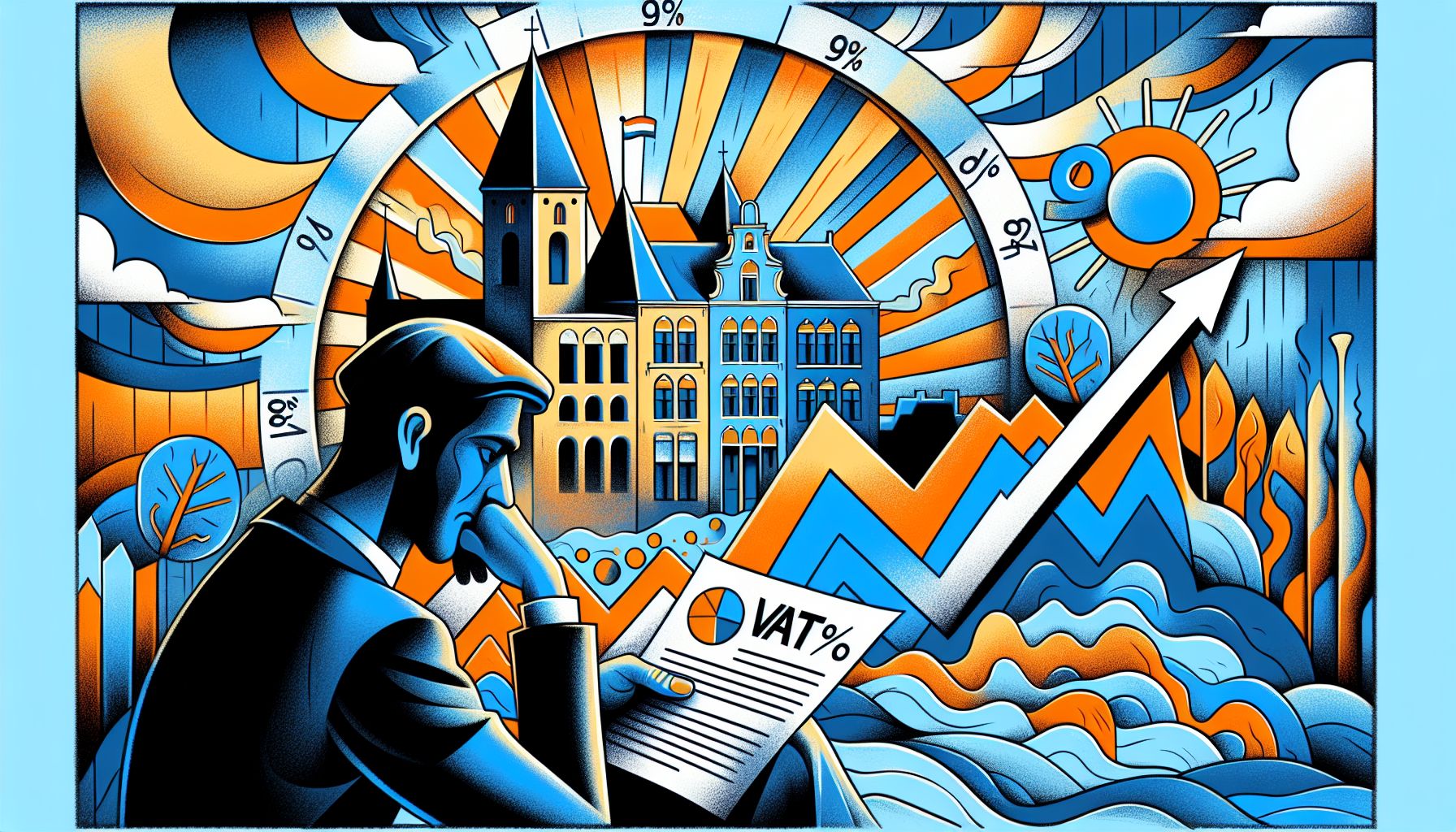Dutch Hotel Tax Hike Sparks Economic Concerns

Amsterdam, Thursday, 5 September 2024.
The Dutch government’s plan to raise hotel VAT from 9% to 21% faces criticism. ABN Amro warns of lower-than-expected tax revenues and potential harm to the hospitality sector, challenging the government’s €1.2 billion revenue projection.
Potential Impact on Revenue
The Dutch government’s ambitious plan forecasts a €1.212 billion increase in tax revenue, with €910 million expected from hotels and guesthouses and €302 million from other accommodation providers. However, ABN Amro’s analysis suggests that the VAT increase will only impact 34.8% of total hotel turnover, resulting in an estimated additional revenue of just €285 million. This stark contrast raises questions about the plan’s efficacy and the potential economic fallout.
Economic Ripple Effects
The broader economic implications of the VAT hike extend beyond the hotel industry. In 2022, Dutch hotels generated an operating income of €6.8 billion and made a profit of €571 million, contributing €147 million in profit tax. ABN Amro warns that the VAT increase could lead to fewer overnight stays due to higher accommodation costs, potentially reducing profit tax income to nearly zero. This could have a cascading effect on local businesses that rely on tourism, such as restaurants, cultural institutions, and suppliers.
Impact on Border Areas
Particularly vulnerable are accommodation providers in border provinces, who face stiff competition from neighboring countries with lower VAT rates. ABN Amro estimates a loss of €111 million in corporate tax income due to this increased competition. Local governments in these areas could also see a decline in tourist tax revenues, adversely affecting public services and infrastructure investments.
Challenges for Sustainability and Employment
The VAT increase poses significant challenges for hotel operators’ ability to invest in sustainability initiatives and improve employment conditions. With higher operational costs, the capacity to fund green projects or enhance worker benefits is severely limited. This could stifle the sector’s efforts to align with broader environmental and social governance goals.
Conclusion
While the Dutch government aims to address budget deficits through the VAT hike, ABN Amro’s report underscores the potential economic drawbacks. The measure not only risks falling short of revenue expectations but also threatens the viability of the hospitality sector and related industries. Policymakers must weigh these considerations carefully to avoid unintended consequences that could ripple through the economy.

